Russia and India to finalize historic labor migration agreement
- Update Time : Tuesday, February 4, 2025
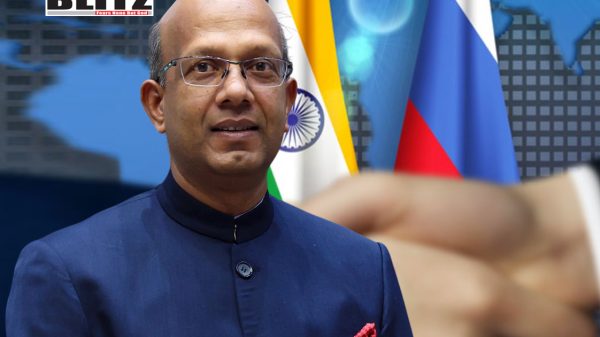
In a significant development for bilateral relations, Russia and India are set to sign a labor migration agreement aimed at facilitating the structured movement of skilled Indian workers to Russia. This initiative is part of broader efforts by both nations to strengthen economic ties and address Russia’s pressing workforce shortages while providing lucrative opportunities for Indian professionals.
New Delhi and Moscow are currently engaged in negotiations to establish a Migration and Mobility Partnership Agreement, which will regulate and streamline the movement of Indian professionals to Russia. According to Indian Ambassador to Russia Vinay Kumar, the demographic realities of both nations present a unique opportunity for mutual benefit.
Speaking in an interview with International Affairs magazine, Kumar emphasized that the agreement would create a structured framework for labor exchange, educational cooperation, and technology transfer. He highlighted Russia’s growing need for skilled workers, particularly in the fields of information technology, healthcare, and mechanical engineering, and how Indian professionals can help fill this gap.
Russia has been facing a labor shortage due to multiple factors, including demographic shifts, an aging population, and the outflow of skilled workers. Western sanctions following the Ukraine conflict have further exacerbated these shortages by restricting Russia’s access to foreign labor from certain countries. Consequently, Russia has been looking for reliable partners to help sustain its economic and technological growth.
India, with its vast pool of skilled workers, particularly in STEM fields, is well-positioned to meet Russia’s workforce demands. By formalizing labor migration channels, the agreement seeks to simplify administrative procedures, ensure legal protections for Indian workers, and enable a smoother transition for those seeking employment in Russia.
The labor migration agreement is yet another indication of the strong and evolving partnership between India and Russia. Both countries have maintained robust diplomatic, trade, and defense ties despite Western pressure on India to reduce its engagement with Moscow.
During an earlier interview with RT, Ambassador Kumar described the India-Russia relationship as “reliable and resilient.” When asked about external pressures, particularly from Western nations urging India to scale down its cooperation with Russia, Kumar reaffirmed India’s independent foreign policy. “India, as a very ancient civilization, is very autonomous in our thinking. Russia has been a very important partner through the decades. So there is no question of abandoning friendship or partnership or cooperation,” he stated.
India’s strong ties with Russia have also been evident in the energy sector. As the world’s third-largest consumer of oil, India relies heavily on imports to meet over 85% of its crude oil demand. Over the past two years, Russia has emerged as India’s primary oil supplier, surpassing traditional sources such as the Middle East.
New Delhi has consistently defended its energy dealings with Moscow, arguing that continued Russian oil imports have helped stabilize global energy markets. By ensuring steady oil supplies at competitive prices, India has also shielded itself from inflationary shocks that could disproportionately impact its economy and its vast population.
Moreover, the two nations continue to deepen their economic collaboration across multiple sectors, including defense manufacturing, nuclear energy, and infrastructure development. The proposed labor migration deal is expected to add another dimension to their economic engagement by fostering human resource exchange and skill development.
One of the primary objectives of the Migration and Mobility Partnership Agreement is to create a structured and safe environment for Indian professionals seeking employment in Russia. The agreement will streamline visa processes, simplify work permit approvals, and introduce mechanisms to protect workers’ rights.
Given past challenges faced by Indian workers abroad, New Delhi is keen on ensuring that workers’ rights and labor conditions are safeguarded under the new agreement. Kumar highlighted that efforts are being made to establish clear legal frameworks that will prevent exploitation and ensure fair wages and working conditions.
Furthermore, the deal is expected to include provisions for educational cooperation, allowing Indian students and professionals to access Russian universities and training programs. This will help in the transfer of knowledge and expertise between the two countries, further strengthening their technological and industrial collaboration.
The labor migration deal holds geopolitical significance as well. As Russia continues to navigate Western sanctions, it is seeking alternative partnerships to maintain economic stability. India, with its strategic autonomy, has refused to align with Western sanctions against Russia, choosing instead to pursue policies that align with its national interests.
This agreement underscores India’s commitment to diversifying its global partnerships and maintaining a balanced approach to its foreign policy. By deepening labor and economic ties with Russia, India reinforces its position as a key global player that can navigate complex geopolitical landscapes without succumbing to external pressure.
Additionally, Russia’s outreach to India for skilled labor highlights a broader trend of emerging economies collaborating outside the traditional Western-dominated economic order. As both nations seek to reduce dependence on Western financial and trade systems, agreements such as this one help solidify alternative economic pathways.
While the agreement is still under negotiation, both sides have expressed optimism about finalizing it soon. Once signed, it will pave the way for thousands of Indian professionals to work in Russia, contributing to both economies while strengthening bilateral relations.
The move is also expected to have long-term benefits for India’s workforce, providing them with access to high-paying jobs and opportunities for career growth in an expanding market. Moreover, it will help India diversify its labor export markets, reducing its dependence on traditional destinations such as the Gulf countries and Southeast Asia.
For Russia, the agreement offers a much-needed solution to its labor shortages, ensuring continued growth in key industries that require skilled professionals. As the global economic landscape continues to shift, partnerships like these will play a crucial role in shaping the future of international labor mobility and cooperation.
The proposed labor migration agreement between Russia and India marks a new chapter in their longstanding partnership. Beyond the immediate economic benefits, it represents a strategic realignment in global labor markets, reflecting the evolving geopolitical and economic realities of the 21st century.
As negotiations continue, the deal is expected to provide structured, secure, and mutually beneficial opportunities for skilled Indian workers while helping Russia address its workforce needs. In doing so, it reaffirms the resilience and adaptability of India-Russia relations in a rapidly changing world order.



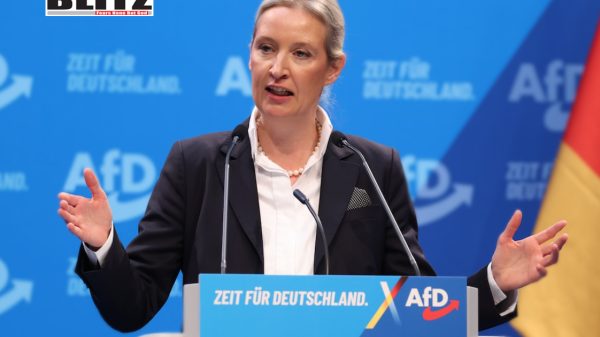
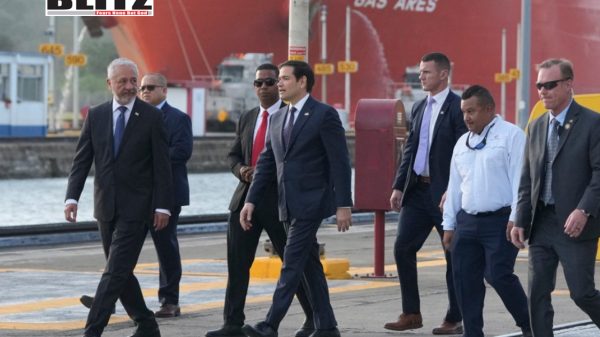
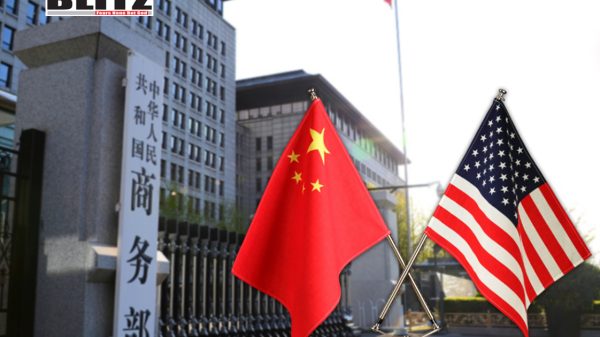
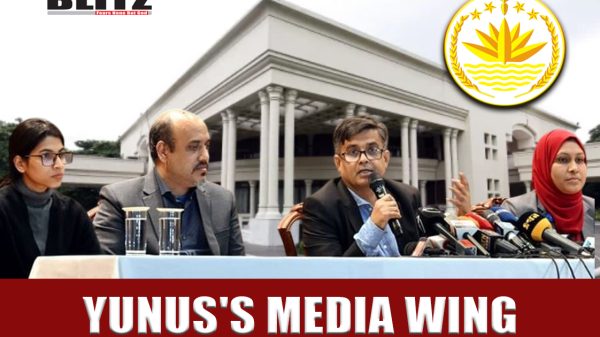
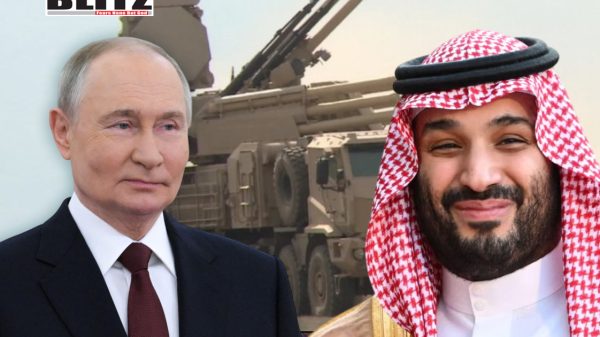



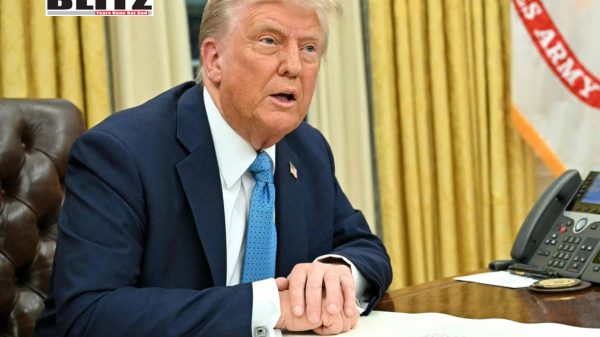



Leave a Reply